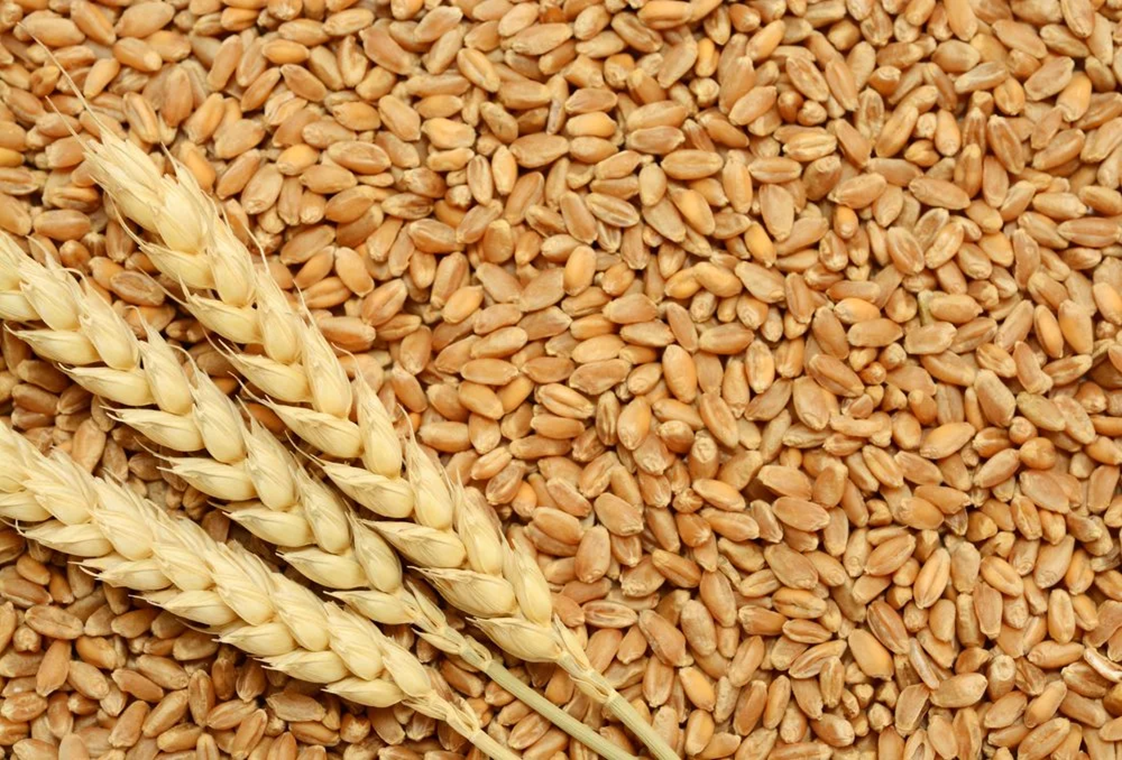- Courses
- GS Full Course 1 Year
- GS Full Course 2 Year
- GS Full Course 3 Year
- GS Full Course Till Selection
- Online Program
- GS Recorded Course
- NCERT (Recorded 500+ Hours)
- Polity Recorded Course
- Geography Recorded Course
- Economy Recorded Course
- AMAC Recorded Course
- Modern India, Post Independence & World History
- Environment Recoded Course
- Governance Recoded Course
- Science & Tech. Recoded Course
- International Relations and Internal Security Recorded Course
- Disaster Management Module Course
- Ethics Recoded Course
- Essay Recoded Course
- Current Affairs Recoded Course
- CSAT
- 5 LAYERED ARJUNA Mentorship
- Public Administration Optional
- ABOUT US
- OUR TOPPERS
- TEST SERIES
- FREE STUDY MATERIAL
- VIDEOS
- CONTACT US
Govt Introduces High Yielding & Disease Resistance Wheat Variety
Govt Introduces High Yielding & Disease Resistance Wheat Variety
13-05-2024
To boost output, the Indian Agricultural Research Institute (IARI), a premier institute credited for developing most of the rice and wheat varieties in the country, has introduced a new high yielding variety of wheat seed variety.

- The new seed variant – HD 3386, recently approved by the central seed committee of the agriculture ministry, is resistant to yellow, and leaf rust diseases mostly reported in the key wheat growing region of northwest region – Punjab, Haryana, Uttar Pradesh and Rajasthan.
About IARI:
- India's premier institute for research, higher education, and training in agricultural sciences.
- Located in Delhi and administered by the Indian Council of Agricultural Research (ICAR).
History:
- Established in 1905 at Pusa, Bihar, as the Agricultural Research Institute (ARI).
- Renamed the Imperial Institute of Agricultural Research in 1911 and Imperial Agricultural Research Institute in 1919.
- Shifted to Delhi in 1936 after a devastating earthquake.
- Renamed IARI post-independence.
Mandate of IARI:
- Conducts basic, strategic, and anticipatory research in field and horticultural crops for enhanced productivity and quality.
- Develops resource-use-efficient integrated crop management technologies for sustainable agricultural production systems.
- Serves as a center for academic excellence in postgraduate education and human resources development in agricultural science.
- Provides national leadership in agricultural research, education, extension, and technology assessment and transfer.
- Attained the status of a Deemed University in 1958.
Contributions to the Green Revolution:
- Played an important role in the research leading to the "Green Revolution" in India during the 1970s.
Indian Council of Agricultural Research (ICAR):
- ICAR is the apex body for coordinating, guiding, and managing research and education in agriculture in India under the Ministry of Agriculture and Farmers Welfare.
Must Check: Best IAS Coaching In Delhi


